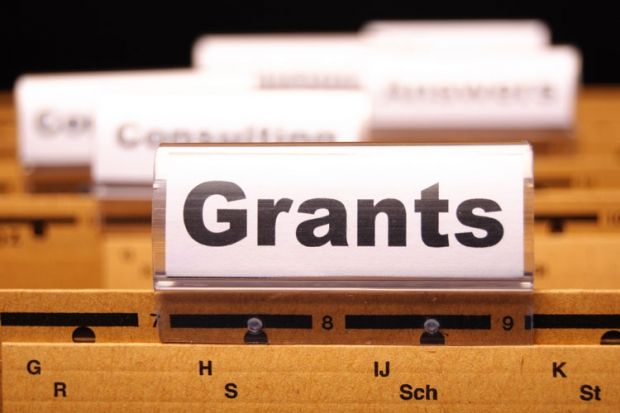Leverhulme Trust
Research project grants
Sciences
- Award winner: Ben Webb
- Institution: University of Nottingham
- Value: £250,275
Timescales of multisensory recalibration in natural environments
- Award winner: Emmanuel Pothos
- Institution: City University London
- Value: £111,895
A quantum approach to decision making in Bernoulli’s St Petersburg’s paradox
- Award winner: Naeem Syed
- Institution: Canterbury Christ Church University
- Value: £268,307
Understanding the epigenetics of alternative splicing in the plant clock genes
National Institute for Health Research
Health Technology Assessment programme
- Award winner: Alison Avenell
- Institution: University of Aberdeen
- Value: £530,874
REBALANCE: review of behaviour and lifestyle interventions for severe obesity: an evidence synthesis
Public Health Research programme
- Award winner: Simon Coulton
- Institution: University of Kent
- Value: £882,010
RISKIT-CJS – pragmatic randomised controlled trial to evaluate the effectiveness and cost-effectiveness of a multi-component intervention to reduce substance use and risk-behaviour in adolescents engaged with the criminal justice system
Economic and Social Research Council
Research grants
- Award winner: Paul Collier
- Institution: University of Oxford
- Value: £447,762
Women empowerment, social norms and domestic violence
- Award winner: Victor Murinde
- Institution: University of Birmingham
- Value: £1,726,450
Delivering inclusive financial development and growth
- Award winner: Hilary Pilkington
- Institution: University of Manchester
- Value: £30,365
Youth extremisms: understanding across ideological and religious contexts (research seminar series)
- Award winner: James Ash
- Institution: Newcastle University
- Value: £162,141
Digital interfaces and debt: understanding mediated decision-making processes in high cost short term credit products
In detail
Award winner: Felicity Thomas
Institution: University of Exeter
Value: £484,706
Poverty, pathology and pills: moral narratives and the medicalisation of distress
Provision of effective treatment and support for mental distress is a key target for government and organisations such as the mental health charity Mind. Yet despite an urgent need to tackle health inequality, current strategies frame mental distress as a psychological problem that lies within the individual concerned. This not only presumes that distress can be “corrected” through medical treatment, but also covers up factors often underlying the root causes of suffering – poverty and unemployment, for example. Concurrently, policies restricting welfare support and popular media deploy moralising narratives to reinforce beliefs that people are responsible for their own circumstances and actions. This project aims to explore how these narratives impact on the ways people in low-income communities perceive and respond to mental distress caused by material deprivation and social disadvantage, and will examine the impacts of this on their well-being.
Register to continue
Why register?
- Registration is free and only takes a moment
- Once registered, you can read 3 articles a month
- Sign up for our newsletter
Subscribe
Or subscribe for unlimited access to:
- Unlimited access to news, views, insights & reviews
- Digital editions
- Digital access to THE’s university and college rankings analysis
Already registered or a current subscriber?


